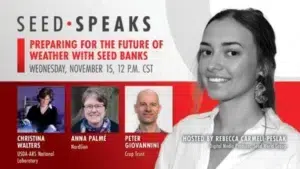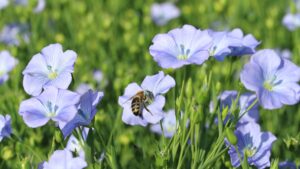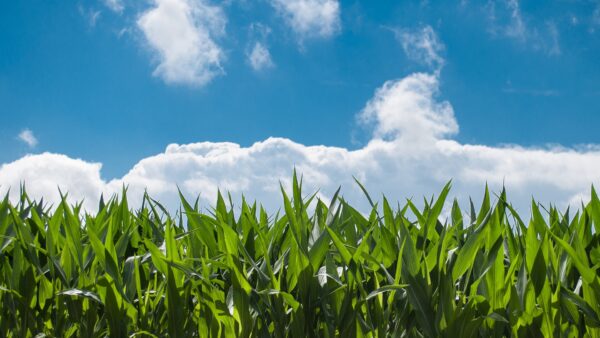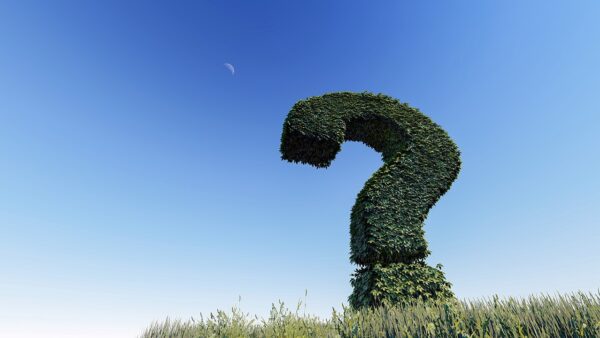Have you ever wondered how the world of agriculture is prepping for the future? Weather is unpredictable and offers a reminder on how unprepared we can be in emergency situations. One way the agriculture and seed sectors are preparing to face wild weather is through seed banks.
What is a seed bank and how can it help continue to feed the growing world? Can it help us in times of need? Learn more about seed banks, what is in them and more on this upcoming episode of Seed Speaks.
On Wednesday, Nov.15, Seed Speaks has three panelists joining to talk about seed banks and preparing for the future:
Peter Giovannini, Project Coordinator at Crop Trust. Giovannini is responsible for the project “Mainstreaming the Global Crop Conservation Strategies in Plant Treaty Processes”. Before assuming this role, he led the project “Breathing New Life into the Global Crop Conservation Strategies. Providing an Evidence Base for the Global System of Ex Situ Conservation of Crop Diversity” and conducted a gap analysis of ex situ collections for 22 crops for the Genebank Platform.
Giovannini studied Biology (BSc + Msc), Ethnobotany at the University of Kent (Ms), and completed his Ph.D at the University of London with a research focus on ethnomedicine and ethnobotany. Before joining the Crop Trust, he conducted field research on local knowledge of useful plants in Mexico, Ecuador and Bolivia. He also worked for Royal Botanic Gardens Kew, coordinating a seed conservation program in the Pacific region for Kew’s Millennium Seed Bank Partnership.
His current scientific/professional interests include: Conservation of Plant Genetic Resources (PGR), analysis of composition and gap analysis of ex situ collections of PG, and the structure of crop genetic diversity in relationship with geographic, environmental and cultural determinants.
Anna Palmé, Senior Scientists at NordGen. Palmé is a senior scientist at the Nordic Genetic Resource Centre, NordGen, where her main area of responsibility is Nordic crop wild relatives. Palmé has a Ph.D in genetics from Uppsala University and experience in genetic resource conservation and in using genetic markers to answer ecological and evolutionary questions. Currently she is coordinating a large Nordic project on crop wild relatives and since 2015 has led several Nordic cooperation efforts on the same theme. Focus of the projects has been on in situ and ex situ conservation, communication and facilitating use.
Christina Walters, Lead Scientist at USDA-ARS National Laboratory for Genetic Resources Preservation. Walters has been at NLGRP (aka “the seed lab”) since 1986, merging two research questions that she is passionate about: 1) development and germination of seeds and 2) how organisms survive life without water. Her Ph.D advisor was Carl Leopold, a son of Aldo Leopold, who is often called the father of the American Land Ethic. Walters likes to think gene banks fit Aldo’s practical advice for intelligent tinkering — “save all the pieces.” In addition to researching seed preservation, Walters oversees seed operations at our USDA facility which maintains 1.2 million samples — most of them seeds. This work involves testing seed quality for tens of thousands of species, providing storage environments that extend seed lifespans and periodically testing the viability of seeds that have been stored for decades in the freezer or in liquid nitrogen. While her work focuses mostly on agricultural species, she collaborates with conservation groups such as the Center for Plant Conservation and Federal land managers running the Seeds of Success program to preserve the genetic diversity of the rich flora of North America.











